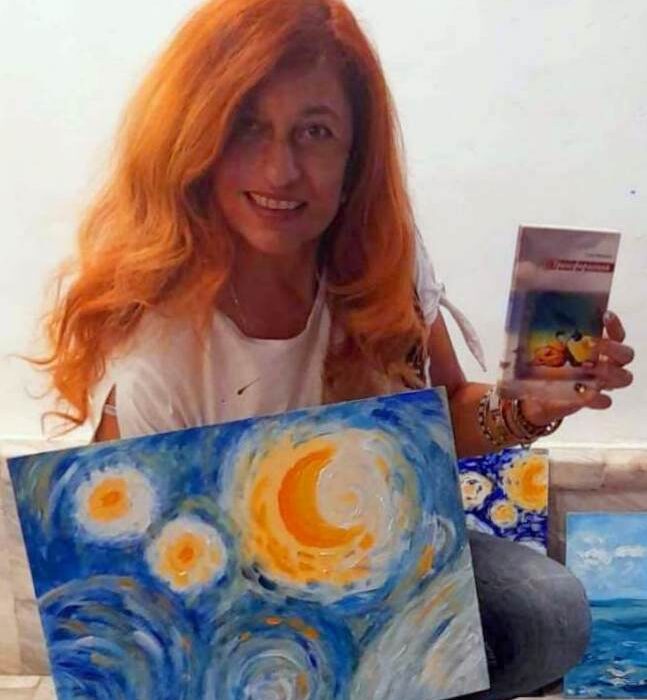Brussels Observer:-Your career spans multiple disciplines including translation, literature, cultural studies, and art. How do you manage to balance these diverse interests, and which aspect of your work brings you the most satisfaction?
Tanya Ivanova:I believe that these disciplines are not only related but also complementary. I want to make my work accessible to a wider audience by translating it into different languages. However, I have faced challenges in finding collaborators who can capture the subtle feelings and meanings that I express in my writing, especially in my poetry. Therefore, I have decided to translate my own works. The most satisfying part of my work is seeing the final product of my efforts, no matter how difficult the creative process was.
BO:-You’ve won numerous awards for your literary works, both nationally and internationally. Can you share with us a particularly challenging project or moment in your writing career, and how you overcame it?
TI:The biggest challenge in my writing career was the start — choosing to publish, to make something real. I have been writing since I was a kid, but I never thought that the stories in my notebooks could become a novel. That changed when I met a weird person, who inspired my novel “Encounters with the Fool.” One day, he grabbed my hands and said, “Look into my eyes!” I expected some romantic confession, but he said: “You have magic in your hands! Use it to fix your life!” I was stunned and speechless. I had no one to talk to. So, I started to write down the odd things he said and did, and four months later, I had my novel.
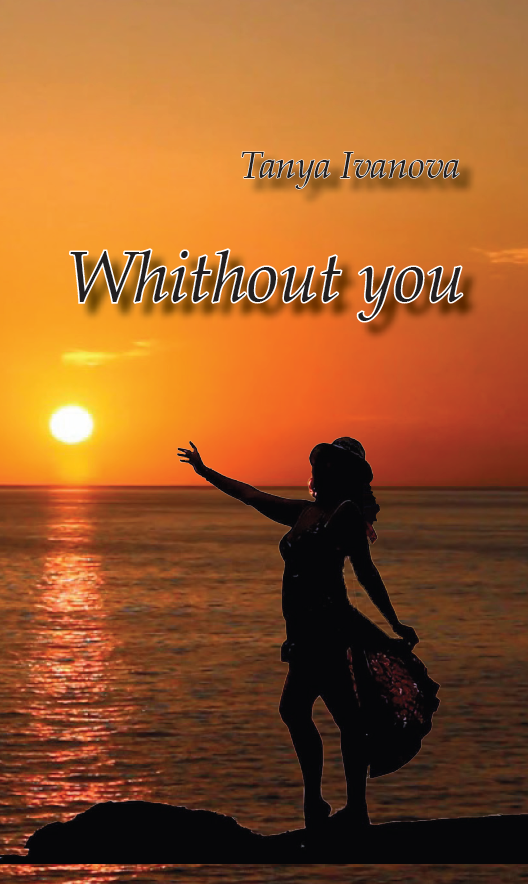
BO:-Your involvement in various cultural organizations and your ambassadorship for The Eurasian Creative Guild demonstrate a commitment to promoting cultural exchange. How do you see your role in fostering cross-cultural understanding through your work?
TI:I have always been passionate about building bridges between different cultures. Before 2009, I founded the Cultural Association “House of Thrace – Bulgaria in Catalonia” in Barcelona, which was a hub for connecting Bulgarian and Spanish cultural traditions. But when I faced some challenges and setbacks in my cultural work, I didn’t give up. I shifted my focus to a new project—I started to create anthologies that brought together poets, fiction writers, and artists from Bulgaria and the world. I have published 33 anthologies so far. I do this to show that it doesn’t matter where we come from; we are all connected by art. Art is the language of the soul, expressing the feelings that we sometimes hide inside. Whether we use poetry, prose, or paintings, we can always communicate our emotions, no matter what form we choose. I also think that where we live is not important; what really matters is the constant dedication to promoting art and culture and creating links between different cultures.
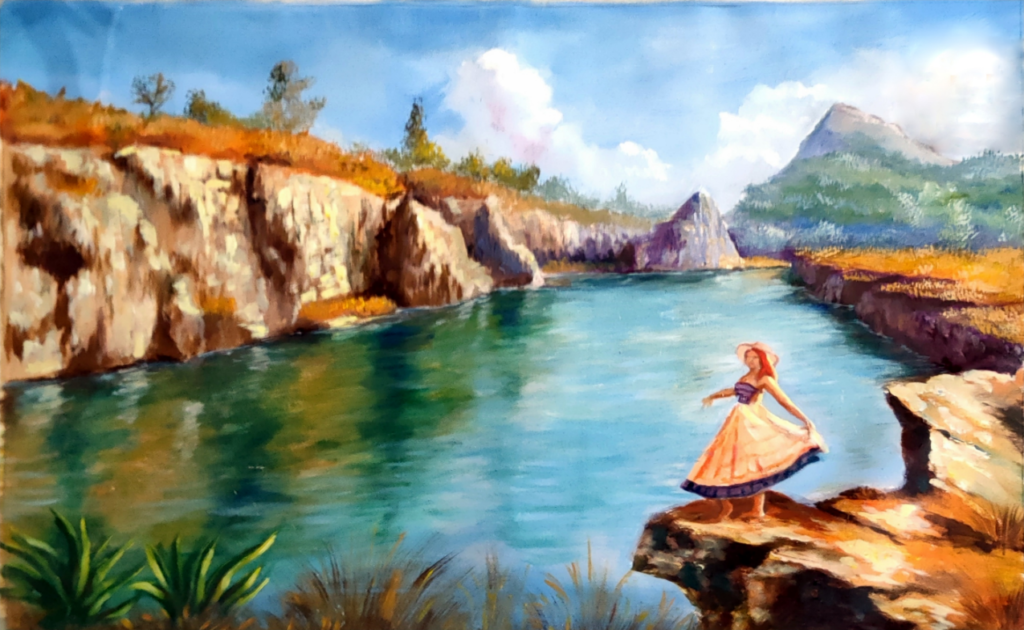
BO:-As both an author and translator, how do you navigate the nuances of language and cultural context to ensure the integrity of your translations while still making them accessible to a broader audience?
TI:I think translation is not just a literal transfer of words from one language to another, but a creative act of re-creating the text in the target language. This is because translation often loses the subtle nuances of emotion and expression that are present in the original text. So, when I translate my own works, I try to preserve the depth and emotion of the original text, while also adapting the language and structure to suit the new audience. This is especially important for my poetry, where every word and line matters and has to create the right effect. So, I give myself the freedom to change and improve my works during the translation process, making sure that they stay true to the original text and also connect with the new readers.
BO:-Your participation in exhibitions and festivals around the world showcases your talents not only as a writer but also as an artist and musician. How does your creative process differ across these different forms of expression, and do you find one medium particularly inspiring over the others?
TI:I might say: “I’m not particularly tied to any specific environment or setting. What’s crucial for me is maintaining a sense of progression and movement. I find that a changing environment significantly motivates me. The energy and fluidity of moving from one place to another invigorate my spirit and inspire me to keep advancing. This could be physically exploring new places or metaphorically venturing into different realms of thought and creativity. I thrive on the energy of change and transformation. Embracing change keeps me engaged and motivated, driving me towards new experiences and opportunities for growth. Therefore, I prioritize staying in motion, allowing myself to adapt and evolve in response to life’s ever-changing landscapes.”
BO:-With your extensive travel experience and passion for ancient cultures, how has exploration influenced your creative work, and are there any specific places or cultures that have had a profound impact on your writing and art?
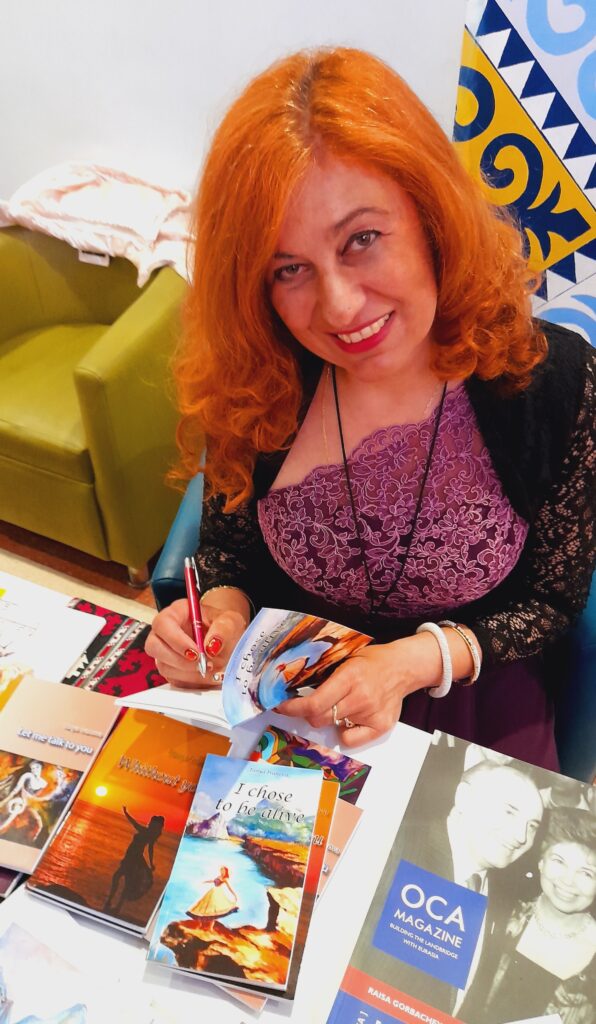
TI:I might say: “Certainly, India was a significant experience for me. At the end of 2021, just after the pandemic had eased and borders were reopening, I found myself embarking on a journey into the unknown. I was in the midst of a personal crisis and unsure about my next steps. It was at this point that I took what some might refer to as a ‘quantum leap,’ a term often mentioned but seldom truly grasped. In essence, it’s the act of desiring change so intensely that one leaps despite all fears and obstacles. It felt like madness, as I had no clear destination — I was invited by a friend whom I knew only through Facebook, who could have easily been someone else entirely. But as the saying goes, ‘Fortune favors the bold,’ and my resolve to dive into the unknown turned out to be the greatest adventure of my life, ultimately serving as a catalyst for my development as a creator.
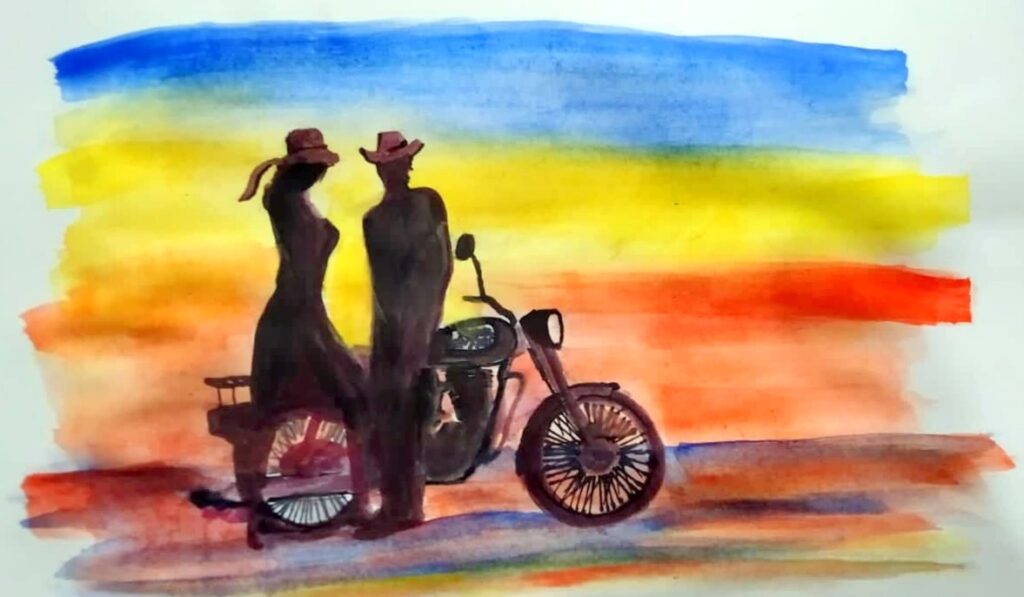
During my time in India, many extraordinary events took place, some of which could even be termed as miracles. However, the most significant outcome was the creation of my poetry collection ‘I chose to be alive,’ which was written entirely on the move during a 3500 km motorcycle journey from Kerala to Goa and back, and illustrated by my travel companion. This journey also led to another poetry collection and invitations to various international festivals, resulting in winning international awards. I even became an ambassador for The Eurasian Creative Guild. Without a doubt, I can say that there was a time in my life before India, and then there was my journey to India, which marked a significant turning point in my life.”

